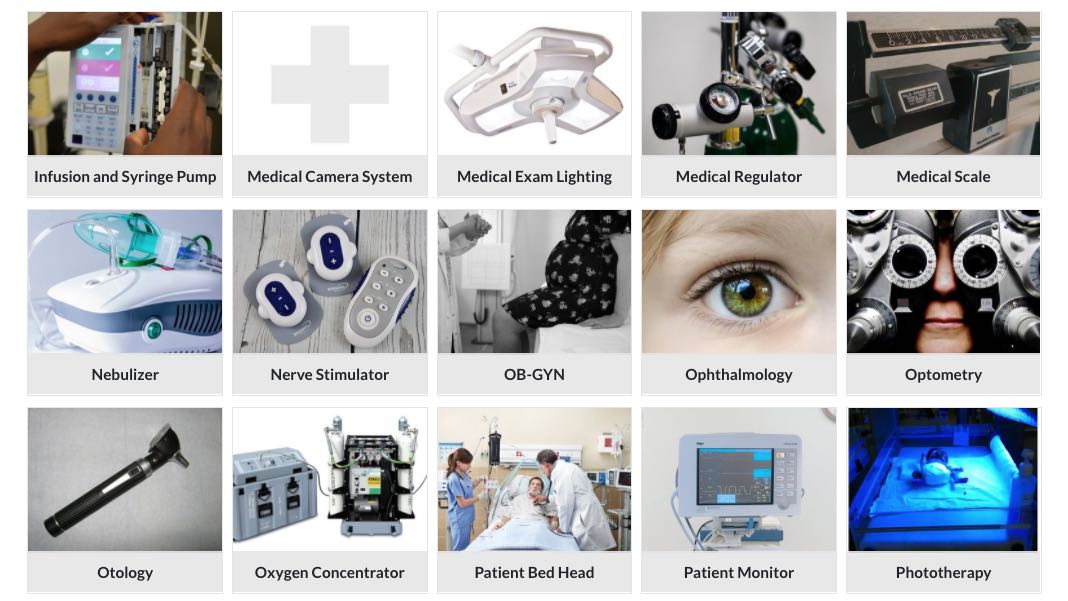Welcome to our daily column, where we recap the biggest (and not only) IT and tech stories that happened in the last 24 hours that we feel you should know about.
It could be interest you

The Czech authors of the title Factorio received compensation from G2A
The game license store G2A has been accused by developers for many years of selling stolen or otherwise illegitimate keys to individual titles, which hurts developers and publishers as such. One side has been blaming the other for years, but no one has been able to produce clear evidence that this is happening (although it has been close a few times) It's even gone so far that the store issued a statement in 2019 that it would pay game developers ten times lost profit if they can prove/find that the developers suffered a loss due to the distribution of stolen keys through G2A.
As one of the few developers (according to some, even the only one), the Czech Wube Software team, behind the successful (and very well-rated) title Factorio, joined this initiative. Today, the conclusion of the investigation was published, from which it became clear that at least 198 stolen keys were sold (although in the final there could be even more). Based on this, G2A fulfilled its original promises, increased the lost profit from the sale of stolen keys tenfold and paid the developers of Wube Software compensation in the amount of approximately 40 thousand dollars, i.e. approximately one million crowns. This will certainly help the relatively small Czech indie team.
iFixit has published a huge database of service manuals for medical devices - for everyone and completely free
Anyone who is at least slightly interested in mobile phones, tablets and other small electronics has certainly heard of iFixit at least once. This American company founded its business on helping ordinary consumers with the repair of their electronics - whether it is mobile phones, tablets, headphones, but also such chainsaws, garden tractors or, for example, lawn mowers. In addition to extensive manuals, iFixit also offers its own line of service tools and spare parts, which it also sells on the European market. During the company's existence, the company has accumulated hundreds of service manuals for countless types of different products.
Due to the current situation, when the disease COVID-19 continues to spread around the world, iFixit has decided to release completely free of charge a complete service database of all kinds of medical devices and devices that may be critically important, intensively used and in the event of a malfunction in the current situation also extremely indispensable. Manufacturers of hospital equipment do not always have to catch up with deliveries of newly ordered goods, as demand has significantly exceeded production capacity in recent months. iFixit thus offers hospitals and other medical facilities a huge database of service manuals that can help in many cases. These are service manuals for a huge variety of equipment and instruments, from simple medical scales to complex and extremely expensive ICU/ARO units. You can find more than 13 published instructions <a href="https://cdn.shopify.com/s/files/1/1932/8043/files/200721_ODSTOUPENI_BEZ_UDANI_DUVODU__EN.pdf?v=1595428404" data-gt-href-en="https://en.notsofunnyany.com/">here</a>.

The new standard for SD cards promises higher speed and trouble-free recording of up to 8K video
The SD Association, which is behind the standardization of SD card parameters, today published the new SD 8.0 standard for SD Express memory cards. We use them on a huge number of devices (except Apple ones that is) and thanks to the newly released version they should be even more capable. In this particular case, it is a standard that will be used especially by professional photographers or videographers. SD 8.0 will allow compatible cards to record data at a speed of up to 4 GB/s, which is roughly half the speed of classic computer PCI-e SSD drives. Thanks to these cards, it will be much easier to record, for example, 8K video (without compression), or record more photos without the photographer running into a frame buffer caused by a slower card. The main issue will be compatibility with the new standard, as camera manufacturers in the (semi)professional segment usually come with a proprietary data storage solution. Conversely, cheaper devices from various segments (compact cameras, phones, tablets) usually only have a classic SD slot, which is not compatible with these faster SD cards.

Sources: Arstechnica, iFixit, Notebook



